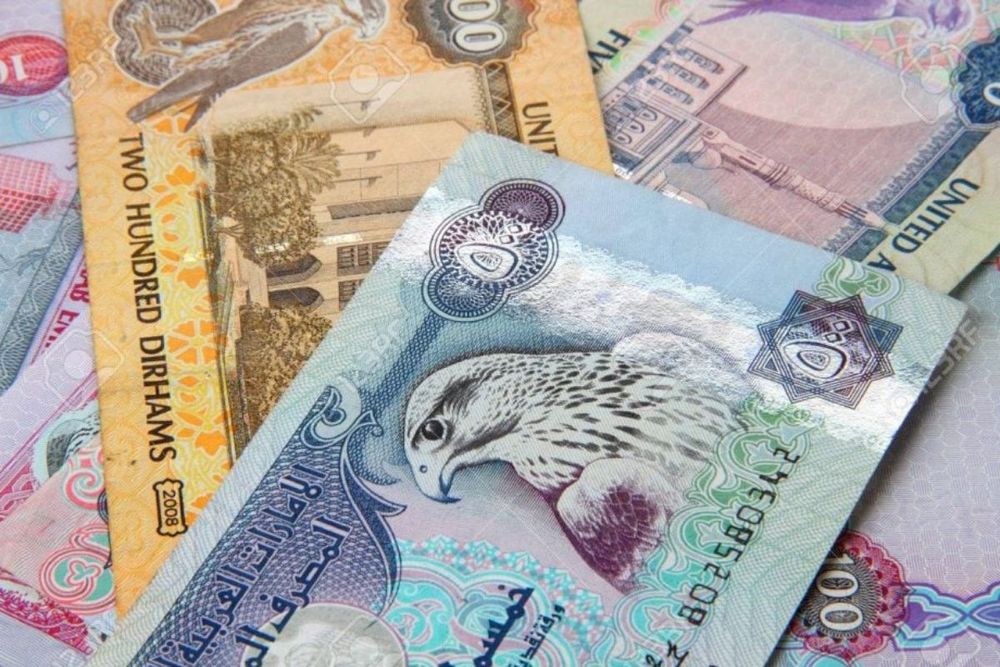The UAE Ministry of Finance (MoF) has issued a new ministerial decision on corporate tax, clarifying conditions under which resident and non-resident individuals undertaking a business or business activity may be exempted from corporate tax.
The decision aims to clarify the application of the corporate tax regime for natural persons (individuals) and ensure that only business or business-related activity income is taxed while personal income from employment, investments, and real estate – without licensing requirements – is not subject to corporate tax.
The finance ministry said individuals conducting business or business activities will be subject to corporate tax and registration requirements only if their combined turnover exceeds Dhs1m in a calendar year.
“The new Cabinet decision demonstrates the UAE’s commitment to maintaining a clear and competitive tax framework for both local and foreign individual investors,”
said Younis Haji Al Khouri, Undersecretary of the UAE Ministry of Finance.
“By simplifying the corporate tax system, the UAE continues to foster an attractive business environment that supports the growth of small businesses, startups, and the overall economy.”
Corporate tax will be applied to UAE residents who operate an online business(es) and has a combined annual turnover that exceeds Dhs1m, under the new decision. However, if the resident also earns income from rental property and personal investments, these sources of income would not be subject to corporate tax as they fall under the out-of-scope categories.
UAE corporate tax exemptions
Meanwhile, the UAE introduced the federal corporate tax with a standard statutory rate of 9 percent, which is set to come into effect for businesses whose financial year starts on or after June 1, 2023.
The corporate tax represents a significant shift for a country that’s long attracted businesses from around the world, thanks to its status as a tax-free business hub. The government has announced a raft of measures ahead of the introduction of corporate tax.
Earlier in April, the UAE said government entities, government-controlled entities, as well as extractive businesses and non-extractive natural resource businesses that meet the necessary conditions under the corporate tax law will be exempted from tax and not required to register.
Similarly, the authority is exempting non-resident persons from registering for corporate tax if they “only” earn UAE-sourced income and do not have a permanent establishment in the country.
The government is also exempting existing free zone entities from corporate tax as they are among the drivers of the country’s non-oil economy. The UAE said public benefit entities that contribute to the welfare of society are eligible also for tax exemptions under the country’s corporate tax law.
The tax exemption is aimed at designed to reflect these entities’ important role in the country, which often includes religious, charitable, scientific, educational or cultural value.
The Ministry of Finance also issued a new ministerial decision on Small Business Relief, allowing small businesses with revenues of $816,880 (Dhs3m) or less to claim tax relief in a tax period when their revenue does not exceed a certain threshold.
Small Business Relief seeks to support startups and other small or micro businesses by reducing their corporate tax burden and compliance costs. It was issued in accordance with Article 21 of the corporate tax law,
“which treats the taxable person as not having derived any taxable income in a given tax period where the revenue did not exceed a certain threshold.”
In December 2022, the government also issued the federal corporate tax law, bringing the income of companies exceeding Dhs375,000 into the corporate tax bracket. The Gulf state announced that it will impose a federal levy on corporate earnings in January 2022, dismantling a tax-free regime that’s made it a magnet for global business.
However, Moody’s said in February 2022 that the corporate tax will broaden the government’s income base, but it negatively affects the credit profiles of companies operating in the Middle East business hub.
News Source: Gulf Business









